You Just Buy Things And You Write Them Off
Should you make purchases to write off at the end of the year to reduce your taxes?
The answer for many people is maybe, but first, I want to explain write offs in more detail.
A write off is an expense for your business that is considered to be both “ordinary and necessary” for your business operations. A write off reduces your profit and helps you to pay less in income taxes at the end of the year.
Sounds great, right? So what’s the catch and why should you think twice before going and buying a new computer, camera bodies and lenses, or investing in ALL of the coaching at the end of the year?
The money you spend on business expenses doesn't save you money in a 1:1 ratio. Meaning, if you spend $1,000 on a laptop, you don’t save $1,000 (or more) in taxes. Instead, you save a percentage of what you spend based on your tax bracket.
For 2021, tax brackets look like the following:
Let’s say you’re in the 22% tax bracket for this example, and your current business profit (income after expenses) is $75,000. You then spend $10,000 on a business expense, which reduces your overall business profit for the year to $65,000. This means when you pay your income taxes, you’re now having taxes calculated on $65,000.
So the actual income tax savings is $10,000*.22= $2,200, but you also save an estimated 15% in self employment taxes, bringing your total estimated savings to 37% (self employment taxes are in addition to income taxes).
Now, saving $3,700 in taxes isn’t anything to turn your nose up at, but you need to make sure you still have enough money set aside to pay your tax bill. This also means that you’re still spending an extra $6,300 (10,000-3,700). So while you’re getting a nice discount, from a cash standpoint, you’d be in a better place if you hadn’t paid the cash and instead paid the additional $3,700 in taxes, because you’d still have $6,300 left in your account.
Things you should consider before making end of the year purchases with the primary intent of reducing your taxable business income:
Is this year a higher income year than next? Meaning, are you in a higher tax bracket like 22% or 24% but expect to be in a lower tax bracket next year (like 12%)? Then assuming you have the cash on hand, making those purchases before the end of the year may give you higher savings than making them next year.
Do you need to upgrade something? If you truly need to buy something (say, replace an ailing laptop), buying that before the end of the year means you get to see the tax savings when you file by April 15, rather than the following April.
Do you have sufficient cash to pay your taxes AND pay for these expenses? Again, because business expenses or write offs don’t actually decrease the total amount you’re spending between those expenses and taxes, you want to make sure you’re not spending cash you’re going to need.
Have you contributed to your retirement accounts? Retirement accounts are absolutely not given enough attention when it comes to saving you money on taxes. Want to get all of the tax savings, but instead of buying things for your business, you’re contributing money to future you? Make pre-tax contributions to an account like a SEP IRA or Traditional IRA. These come with the same tax savings as spending money on business expenses, but instead of spending that $10,000 on things for your business, you’re putting it in a retirement account for yourself!
Bottom line: You’re still going to spend more than you save in taxes, but if you’ve assessed your individual tax situation, and reviewed the cash you have on hand-then go make those end of year purchases with confidence!
Not sure how your taxes are looking and want help? You can get started with tax prep, book a consult, purchase my quarterly estimated tax calculator, or send an email to hello@thefreelancecfo.biz
Disclaimer: The information provided in this blog is for educational purposes only and does not constitute financial or tax advice.




